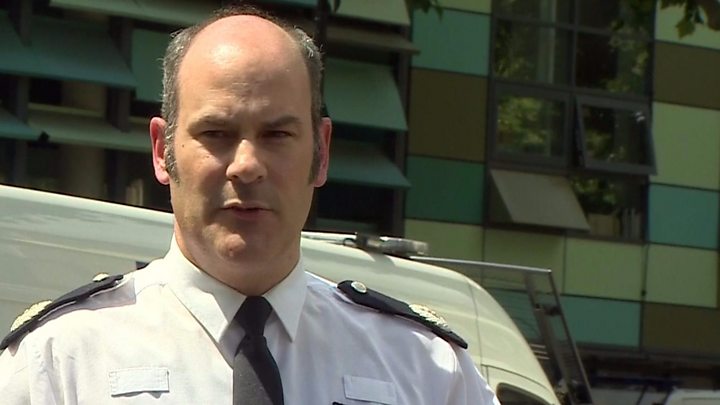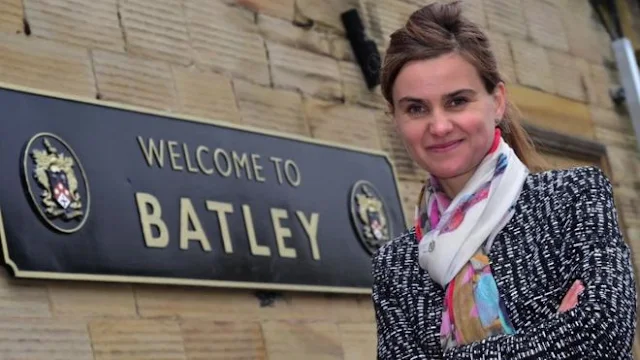The UK has agreed to sort out its EU "divorce bill" and citizens' residence rights before starting Brexit trade talks, EU sources have told the BBC.
But the UK's Brexit department has insisted a trade deal must be agreed at the same time.
Brexit negotiations are due to start on Monday in Brussels but that will be the only day of talks next week.
The talks are set to continue every month throughout the summer.
The EU will aim to see if "sufficient progress" has been made by October to move on to the next phase of negotiations, sources told the BBC's Europe correspondent Damian Grammaticas.
'Withdrawal process'
Monday's talks between Brexit Secretary David Davis and EU negotiator Michel Barnier follow preliminary negotiations in Brussels between officials.
In a statement the European Commission said: "The opening of negotiations at political level next week will focus on issues related to citizens' rights, the financial settlement, the Northern Irish border and other separation issues, as part of the sequenced approach to the talks.
"Both sides will also discuss the structure of the negotiations and the issues that need to be addressed over the coming months."
A spokesman for Mr Davis's Brexit department stressed that nothing had changed as far as the UK was concerned and trade talks must take place alongside withdrawal talks.
"We have been crystal clear about our approach to these negotiations," said the spokesman.
"As we set out in the Article 50 letter, our view is that withdrawal agreement and terms of the future relationship must be agreed alongside each other. We are clear this is what is set out in Article 50.
"We believe that the withdrawal process cannot be concluded without the future relationship also being taken into account.
"As the EU has itself said, 'nothing is agreed, until everything is agreed'."
'First aim'
The spokesman added that although some issues would be given early priority "the withdrawal and future are intimately linked".
"In particular, we want to move ahead on securing the rights of EU citizens in the UK and UK citizens living in the EU. We want to end the anxiety facing four million citizens.
"That has always been our first aim and that is what we will do."
David Davis has said the UK will pay what was legally due, in line with its rights and obligations, but "not just what the EU wants", following reports the "divorce bill" could be 100bn euros (£87bn).
Mr Barnier, the EU's chief negotiator, has said there was no desire to punish the UK but "its accounts must be settled".
"There is no Brexit bill. The final settlement is all about settling the accounts," he said last month.
In Prime Minister Theresa May's letter triggering Article 50, she states: "We believe it's necessary to agree the terms of our future partnership alongside those of our withdrawal from the EU.'
But European Council president Donald Tusk and other senior EU officials have consistently ruled out parallel talks.
Analysis by BBC Europe correspondent Damian Grammaticas
We now know that at precisely 11:00 BST on Monday morning, almost exactly a year after the Brexit referendum, the all important exit negotiations will begin.
It's been confirmed that they will start with talks between David Davis representing the UK and Michel Barnier for the EU side.
The EU has pressed for openness and a press conference is expected at the end of the first day.
After that, an EU source said, there will be one week of face-to-face negotiations every four weeks throughout the summer.
And the source told the BBC that it was understood the talks would broadly follow the EU's preferred sequence, dealing with issues of citizens' rights and a framework for calculating outstanding financial liabilities before moving on, possibly later in the year, to deal with the UK's future relationship with the EU.
EU countries have said they will only move on if they believed sufficient progress had been made in the first phase of talks.
BBC NEWS
















